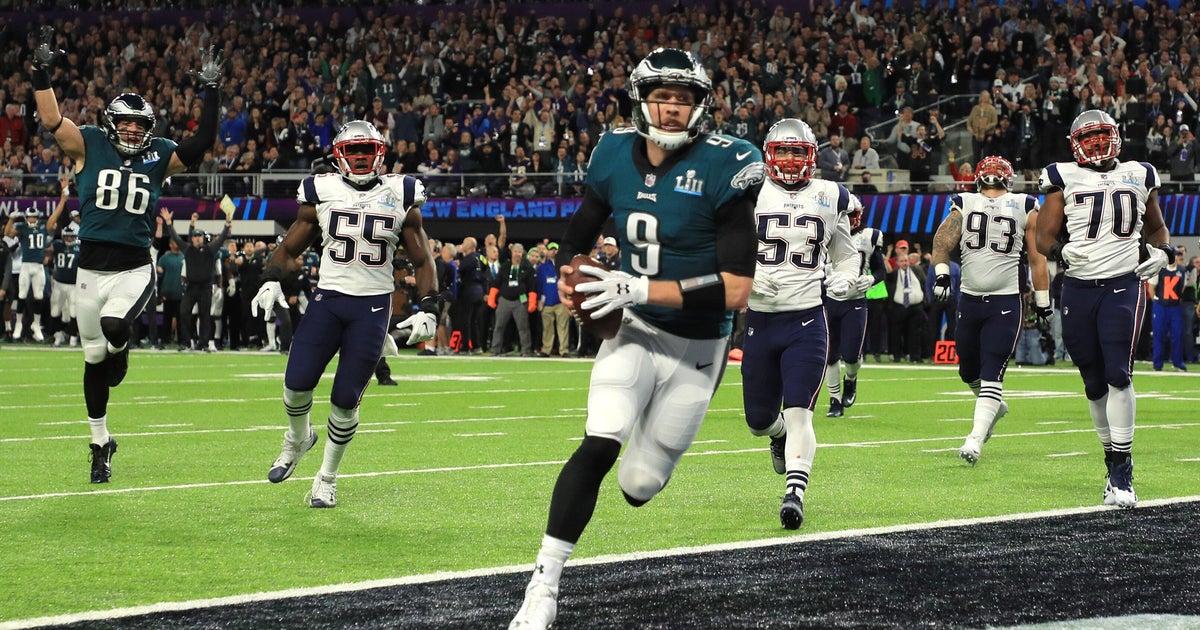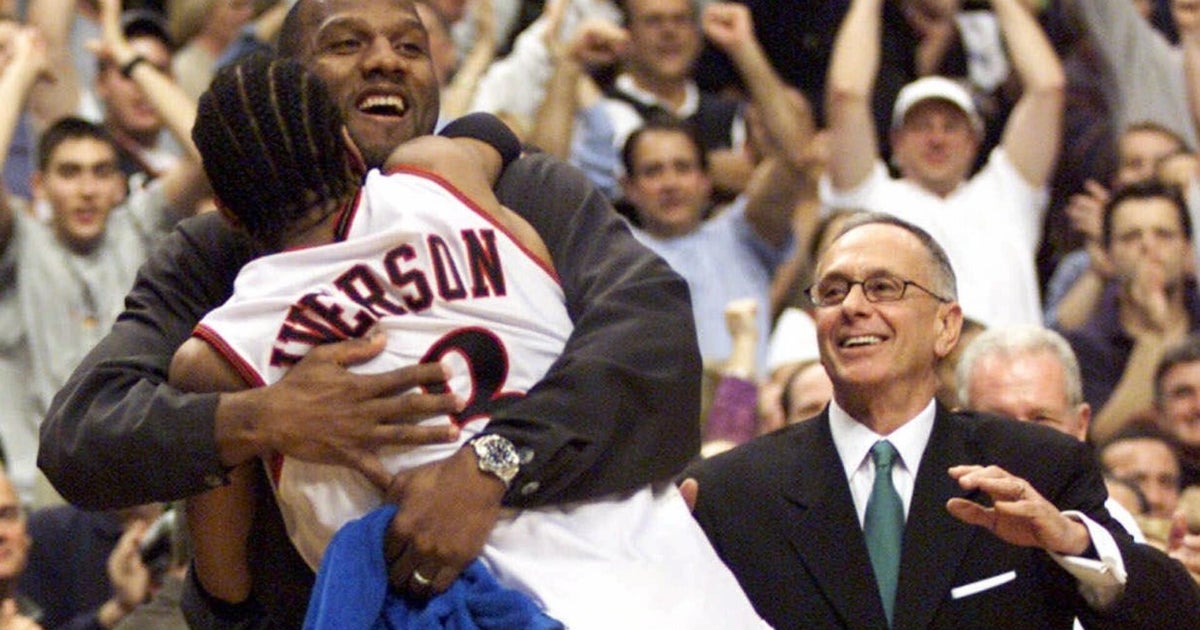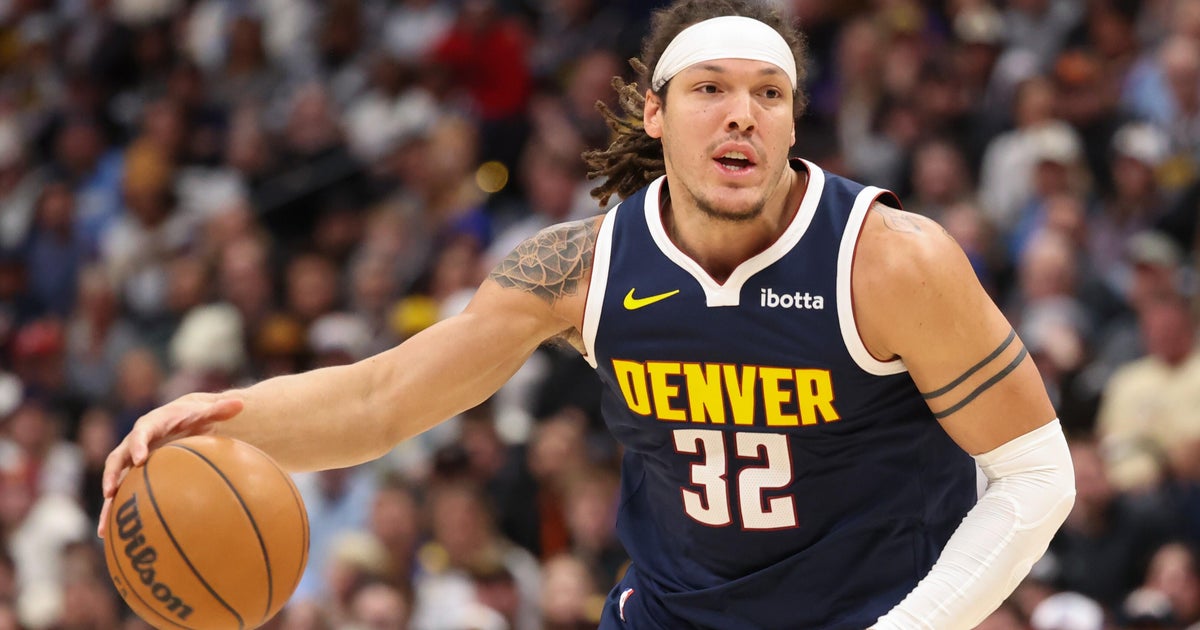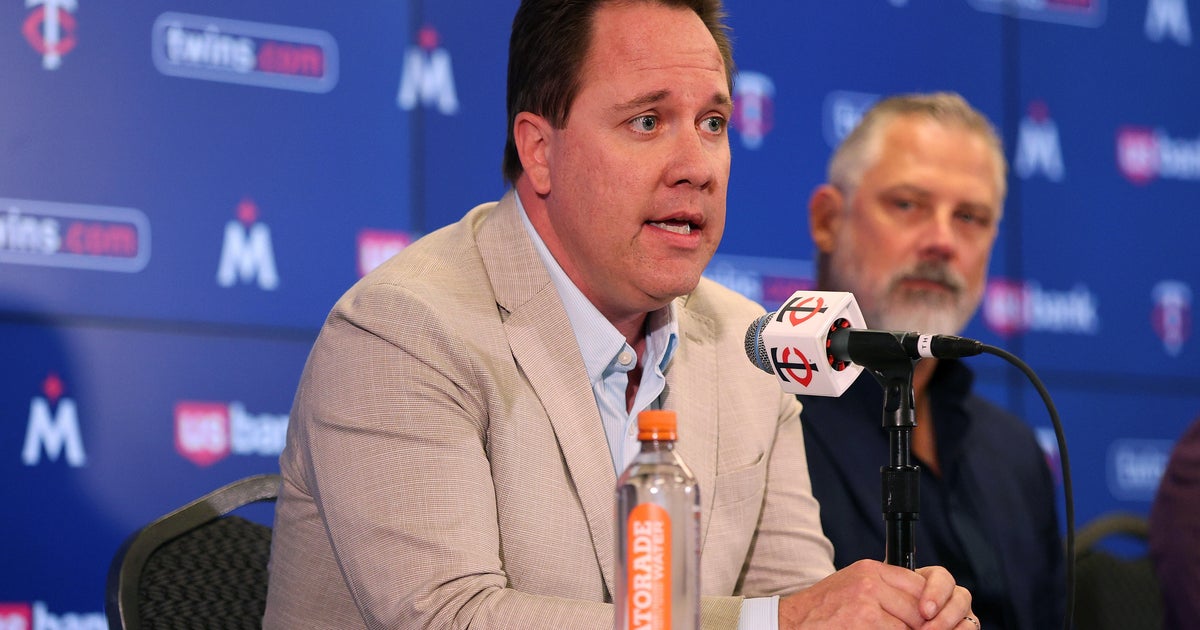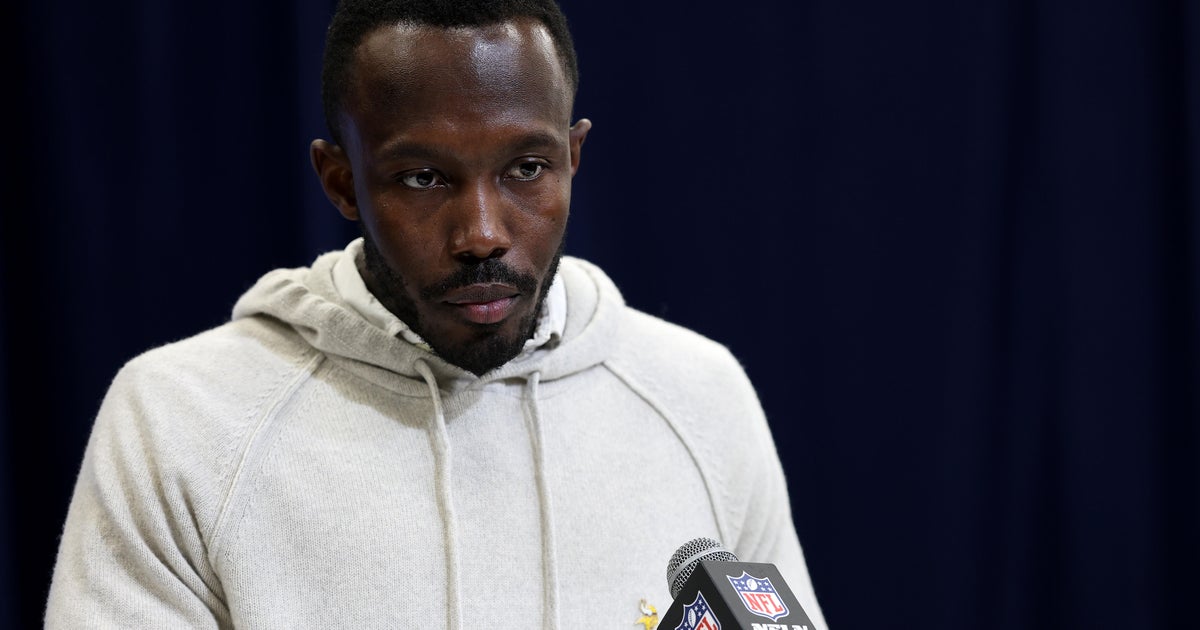Philadelphia Writer Blames Patriots, Belichick For Letting Aaron Hernandez Become Aaron Hernandez
By Michael Hurley, CBS Boston
MINNEAPOLIS (CBS) -- It's Super Bowl week, which -- among other things -- means that the takes are out in full force all around the country. And in Philadelphia, where everybody's geeked up for the Eagles and eager to treat the Patriots as the bad guy, that's especially true.
Even still, given the environment that's natural to arise during an emotional week in both Philadelphia and Boston, one Philly writer was able to stand out among the rest.
That writer -- Bob Brookover of The Philadelphia Inquirer -- came to a conclusion that because the Patriots value winning above all else and because the Patriots should have somehow known of the severe brain damage to Aaron Hernandez, that the team is in some way responsible for the player ending up getting arrested and convicted for murder before taking his own life in a prison cell.
It's quite the whopper.
"Maybe it's no coincidence that Aaron Hernandez tragedy happened to Patriots," the headline blares on Philly.com (though the story can't be found on the newspaper's homepage and is somewhat buried on the sports page, and the tweet sharing the story quickly got sufficiently ratioed). Here are the key bits:
"Spygate and Deflategate fall into those categories, but the one subject they want to skirt more than any other is the violent and tragic career of the late Aaron Hernandez. Perhaps that's because Hernandez's draft selection, despite bright red flags everywhere, is a reflection of how winning means everything to the Patriots and no cost is too high."
...
"They have not commented any day since [April] either. At One Patriot Way in Foxborough, Mass., it is as if Aaron Hernandez never existed."
...
"The shame of the matter is that the Patriots, and specifically coach Bill Belichick, acted as if they could not possibly know something so awful would ever happen despite the fact that Hernandez had a troubled past at the University of Florida and in his hometown of Bristol, Conn."
...
"The [documentary] ends with a doctor from Boston University revealing that Hernandez was also a victim of severe brain damage caused by his years of playing football. We know now, of course, that is the rule rather than the exception for NFL players and if you can draw a link between brain injuries and violent crime, then it's really important to keep the tragic case of Aaron Hernandez alive."
...
"... Somehow there should be even more. The Patriots or Urban Meyer, who was the coach at the University of Florida when Hernandez played there, should have done more when they saw the signs of trouble. What Hernandez did was horrible, but you get the feeling the only reason Meyer and the Patriots cared about him in the first place was because he could play football.
Once he no longer could help them, it became a sin to even speak the name Aaron Hernandez. Maybe it's not a coincidence that the NFL team that has had the most success in this century also had to deal with the league's greatest tragedy."
For the record, this is a WILD story, especially at the end, which paints Belichick and Meyer as being bad people for only caring about Hernandez as a football player. Typically, football coaches do care quite a bit about football players as football players.
But the suggestion that anyone could have known murder was potentially in Hernandez's future when he was coming out of college is, at best, a case of hindsight being 20/20. At worst, it's incredibly out of line.
The record of Hernandez in college included him being questioned -- along with three teammates who did not go on to get arrested for murder -- by police after a shooting, and punching a bouncer at a club. (As the Orlando Sentinel noted, neither incident was public knowledge until after the murder arrest in 2013.) Hernandez also tested positive for marijuana multiple times.
Certainly, many young men have taken smoked marijuana, and many young men have thrown punches in public. A scant few go on to get convicted of murder. To suggest that someone should have or could have foreseen what was ahead for Hernandez is a serious, serious charge to levy against anyone, especially a football coach.
And to do it with a soft accusation -- "maybe it's no coincidence" -- is just a poor way to go about the matter.
The reality is that the Patriots knew of much of Hernandez's history when they spent a fourth-round draft pick on him back in 2010. And after having him in their locker room for two seasons, they believed in him -- on and off the field. They weren't the first people to fall for the act. As a scout once described Hernandez to Albert Breer: "He was a con guy. Very believable. Spoke well. A lot of things inside of you hoped you'd turn him around." And certainly, Hernandez speaking at length in 2012 about how Patriots owner Robert Kraft "changed my life" fell right in line with that description.
A group of people who also did not believe Hernandez potentially had murder in his future included, almost quite literally, everybody in the world. There is not one report or column from any sports writer forecasting Hernandez's future prior to the arrest in June of 2013. Neither people who covered Hernandez at Florida and in New England nor writers from Philadelphia speculated that Hernandez would one day be convicted of murder and charged with murdering two more in short order. Nobody saw that coming. Yet here we are, with a sports writer blaming a football coach for not being wholly prescient about a situation that's never happened before.
Again, it's wild.
A quote that doesn't appear in the story but was uttered on Tuesday came from Rodney Harrison, who was asked by the reporter how big of a cloud Hernandez casts over the Patriots (even though there's nobody in the country who was seeing that cloud). Despite the fact that there's no way on earth that Harrison woke up on Tuesday and prepared himself to be asked about Aaron Hernandez, his thoughts were appropriate.
"I don't think it's a big cloud. I think everyone in New England and around the country is focused on a great football game," Harrison said. "I don't think anyone's talking about it. It's sad what happened to him. Obviously the concussions and the decisions that he made in his young life, it's unfortunate. I think it should serve as a lesson to a lot of other football players that if you don't take care of your business, if you don't stay humble, if you don't stay focused, it could happen to anyone."
In a follow-up, Harrison was told by the reporter that Hernandez's story doesn't get talked about much.
"That's life, man. It happens," Harrison said. "What are you going to do? Are you going to sit here and talk about it 24/7? No. The guy did what he did, and it's unfortunate that he he had to die at such a young age, but I think once again, we all feel bad for that situation, because people died. It's just a very unfortunate situation."
That's, really, all that can be said about the matter. Trying to pin certain people responsible for somehow not knowing that which could not have been known is obtuse.
Even by Super Bowl week standards, that story really was a doozy.
You can email Michael Hurley or find him on Twitter @michaelFhurley.


